HCMP
September 20, 2018

Published by Rajib Bhowmick at Sep 20 2018
Some said the children would die if they were given diphtheria vaccination. Some said they would become Christians if they took the shot. Others said women are not allowed to go out with their children for vaccinations, while some feared they would be reborn as a non-Muslim if they died after being vaccinated.
August 27, 2018
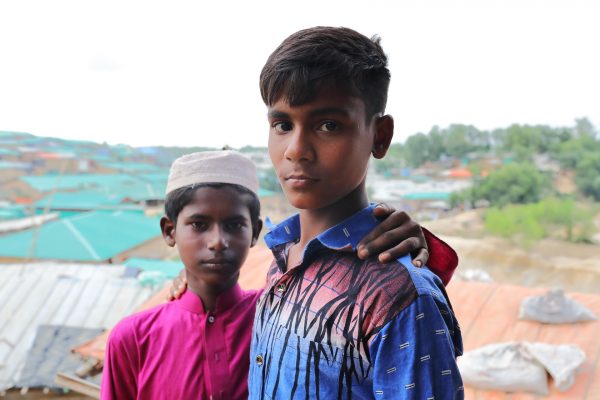
Nearly a million Rohingyas have fled to Bangladesh to escape violence in Myanmar. More than half of them are women and children- most of whom suffered unimaginable trauma. They have witnessed parents, siblings and neighbours being tortured and killed. Many have suffered sexual abuse.
August 13, 2018
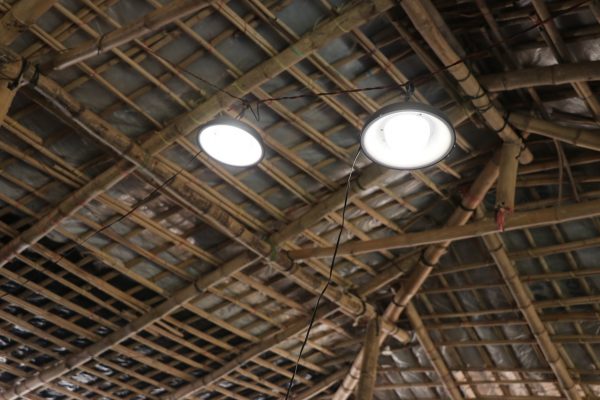
Published by Marium Mahzabin at Aug 13 2018
Any setting of conflict is rife with constant threats to basic security. Light is more than just a necessity for living. It restores a sense of security and confidence.
July 22, 2018
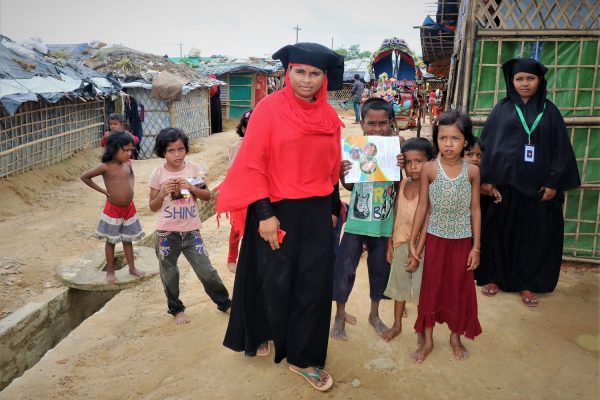
Published by Jebi Rahman at Jul 22 2018
Preventative measures are alarmingly necessary. Malnutrition has been flagged at acute emergency levels. Any outbreak of disease in the settlements would quickly claim the lives of thousands of malnourished children.
June 16, 2018

Published by Nafeesa Shamsuddin at Jun 16 2018
To close the month of Ramadan we got paints out in two of our child friendly spaces in Cox's Bazar. One space was in Ukhia (one of the host communities) and the other space was in Kutupalong Extension Settlement. This is what happiness looks like at Eid for them.
June 12, 2018
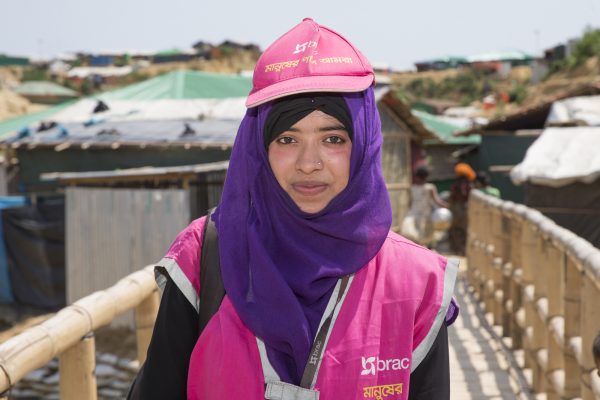
Published by Farhan Patwary at Jun 12 2018
Categories
In 2016, TB claimed the lives of 1.3 million people across the world. Four million cases of TB have been undocumented or not reported. One of the bizarre features of TB is that it remains inactive, producing no symptoms, for long periods of time.
June 6, 2018
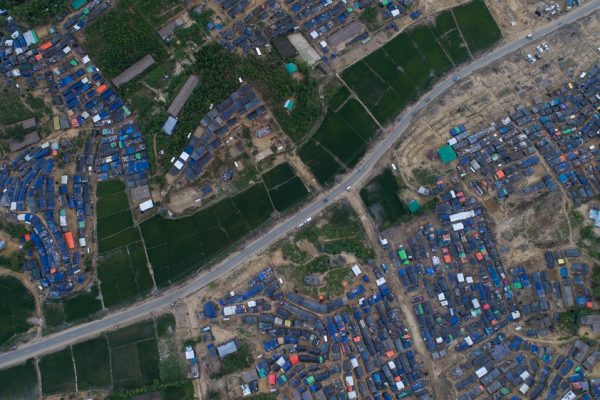
Published by Zaian Chowdhury at Jun 06 2018
Categories
Monsoon has hit the biggest makeshift city in the world.
May 27, 2018
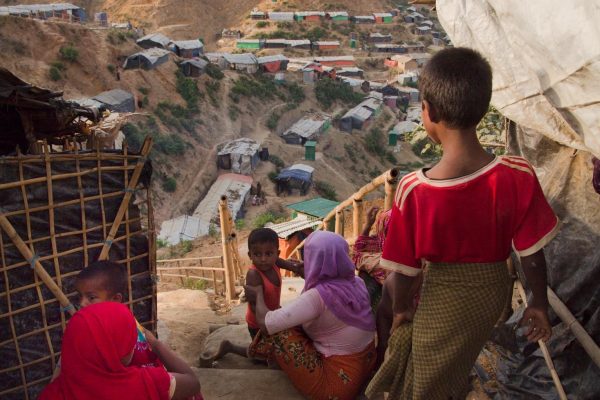
Published by Nafeesa Shamsuddin at May 27 2018
Humanitarian workers arriving from prior deployments such as Iraq, Lebanon, Damascus or Sudan share that they have never witnessed a crisis of such scale. When looking beyond the horizon of unending tarpaulin rooftops held up by bamboo sticks, across a hilly terrain; it seems like a miracle that a staggering 866,000 people have been living in 5,800 acres of makeshift settlements since August 2017.
May 13, 2018
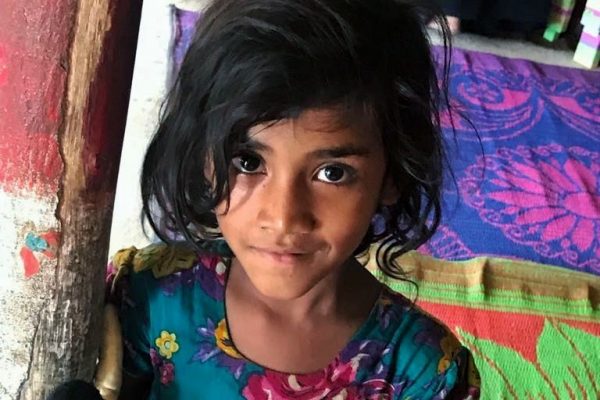
Published by BRAC at May 13 2018
Categories
10-year-old Harisa describes how she and her family escaped from their home in Myanmar and crossed the border into Bangladesh. She is one of almost a million Rohingyas living in the makeshift settlements in Cox's Bazar- all of whom experienced similar trauma.
April 11, 2018
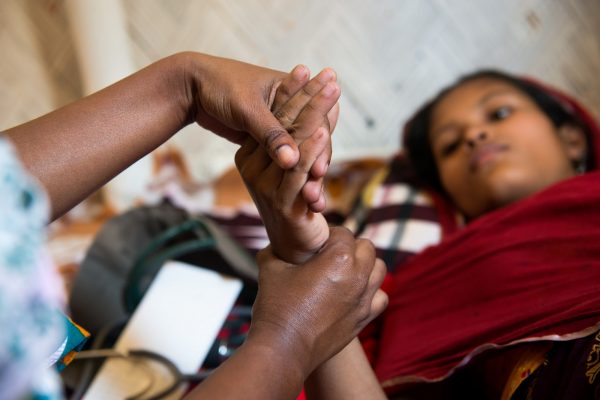
Published by Mahmoud Homsi at Apr 11 2018
Contrary to popular belief, Noor had a clear understanding of what family planning is, and her husband was supportive of it - she had delivered her daughter with the help of a midwife at that very same health facility. She was encouraged to have her child here by a Rohingya traditional birth attendant– a volunteer in BRAC’s health team.
March 22, 2018
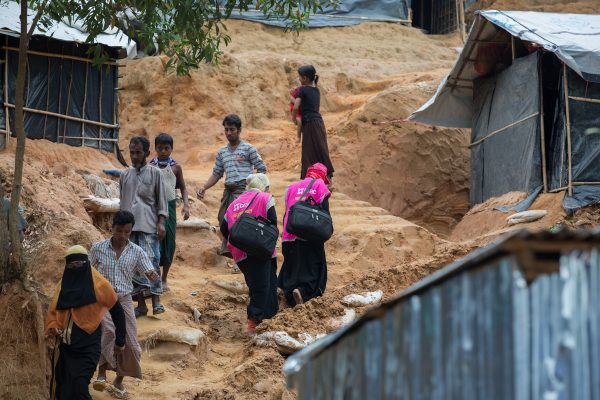
Published by Shashanka Saadi at Mar 22 2018
Categories
Let us take the recent Rohingya crisis in Bangladesh- dubbed as the world’s fastest growing humanitarian crisis- as a case to see why and how BRAC can be a model for the localisation in humanitarian response.
March 6, 2018
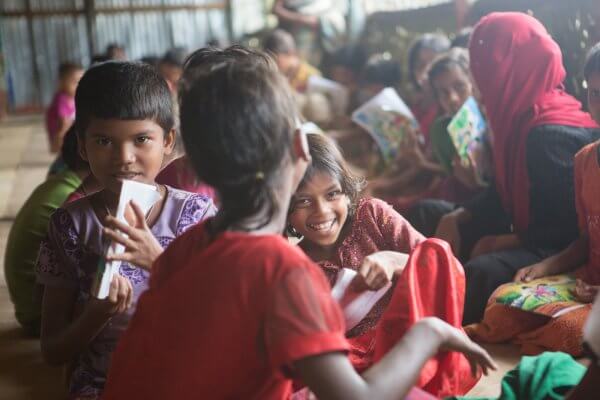
Published by Shamsul Alam at Mar 06 2018
10-year-old Abdullah is writing numbers in his notebook, sitting on a bright blue and green mat with the sun pouring in through the thatched bamboo. He writes, without pause and in neat handwriting, from 1 to 20 in Burmese and English. Abdullah attends the temporary learning centre in B26/1 of Balukhali 1 in Cox’s Bazar along with his two brothers.

